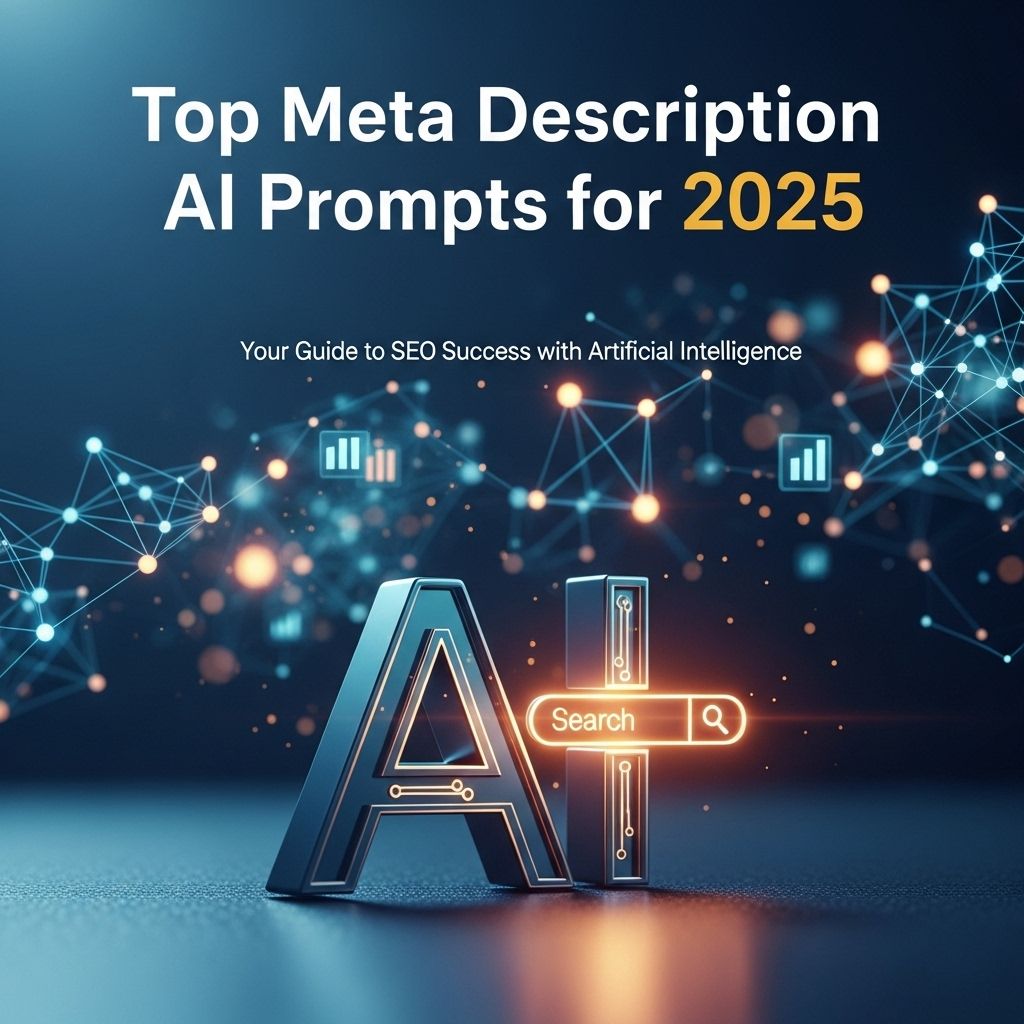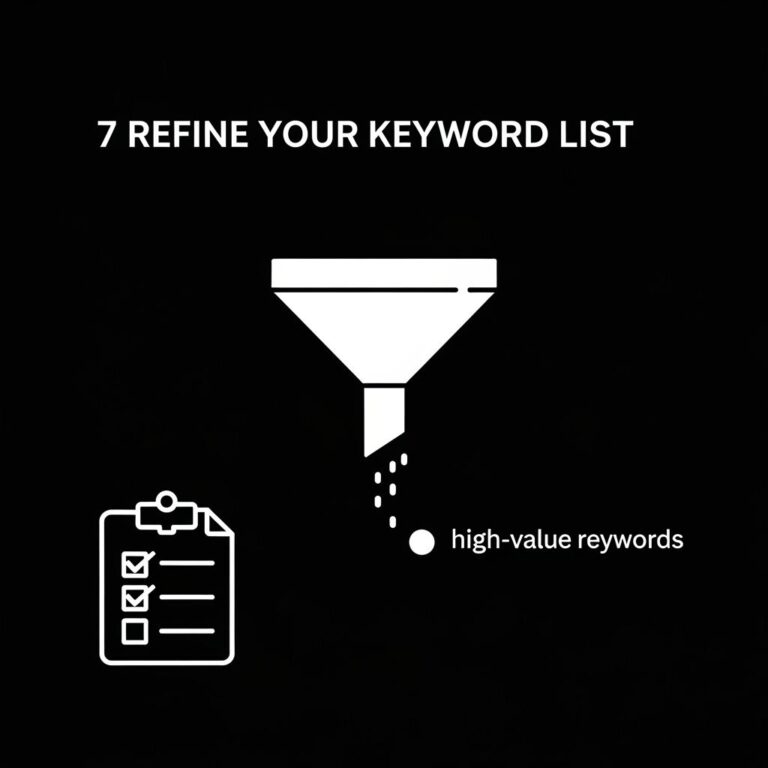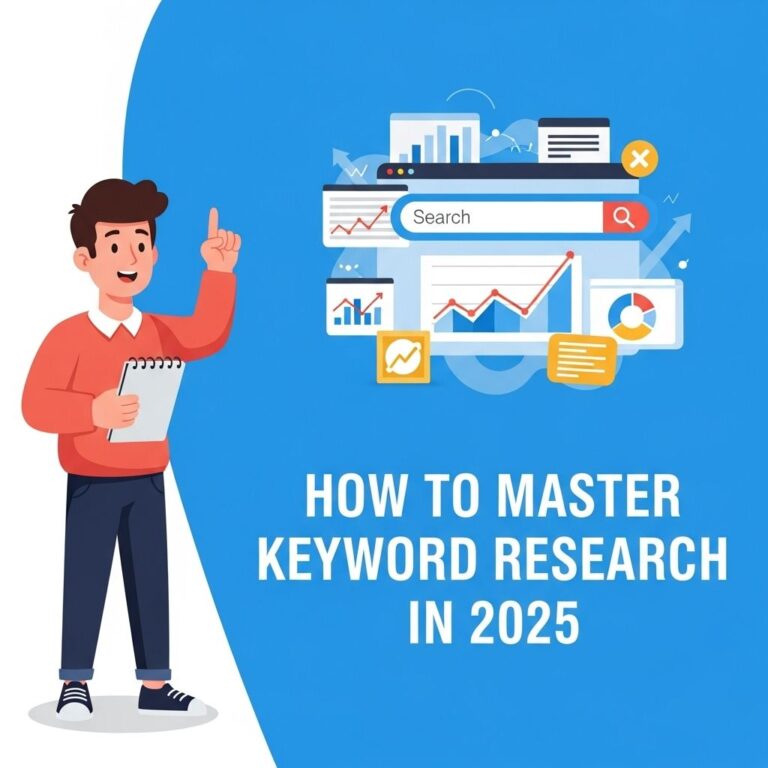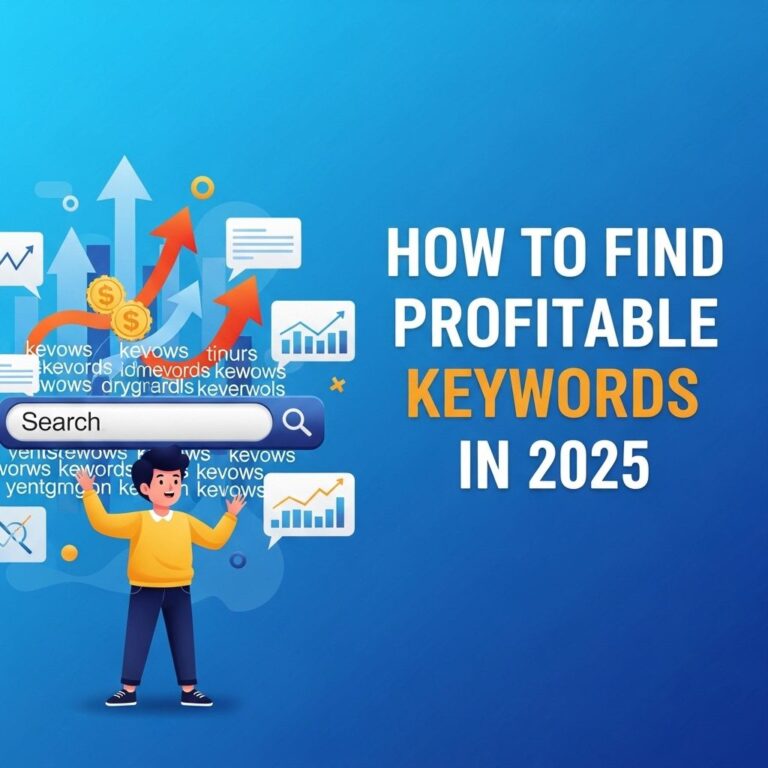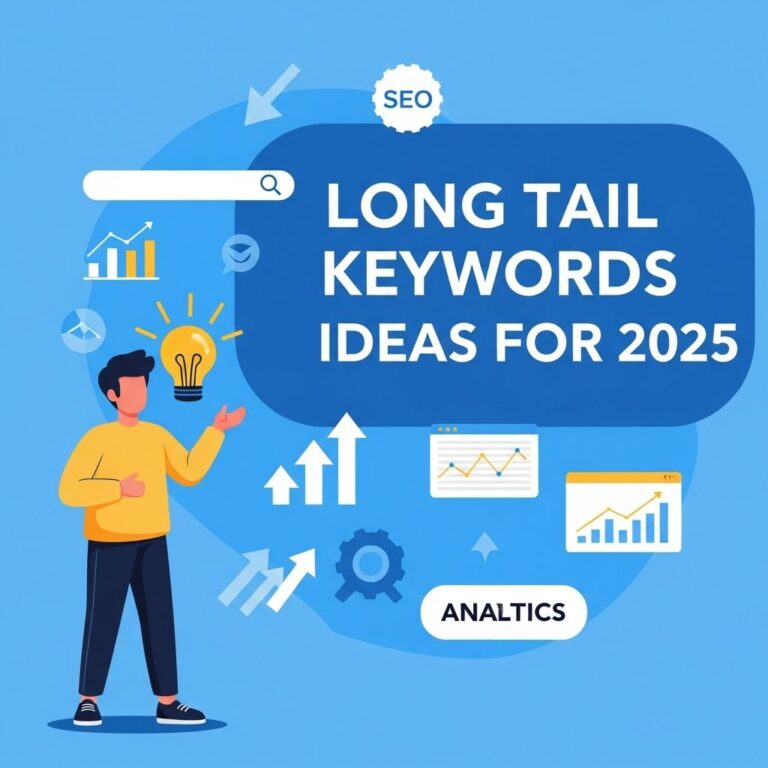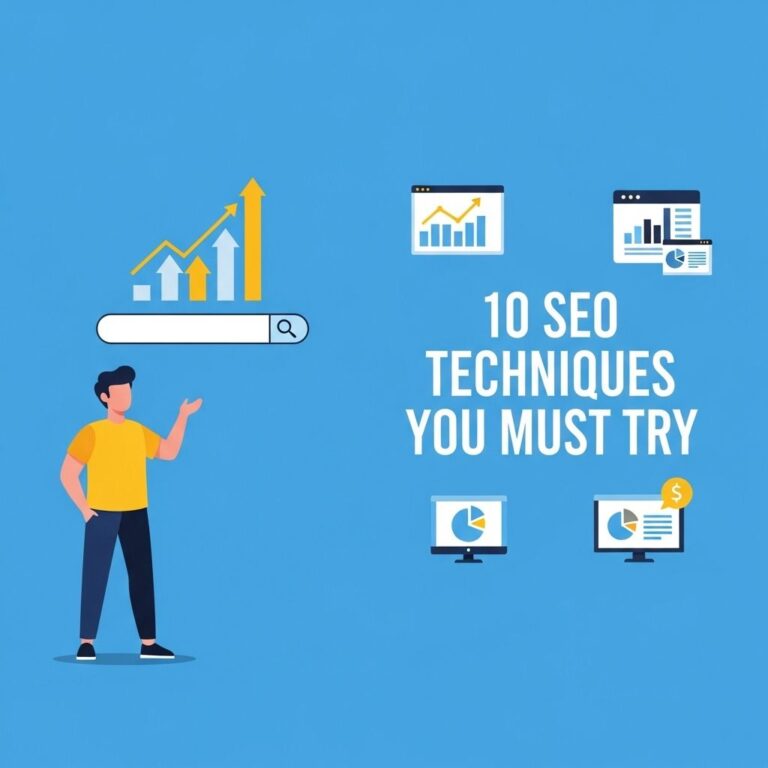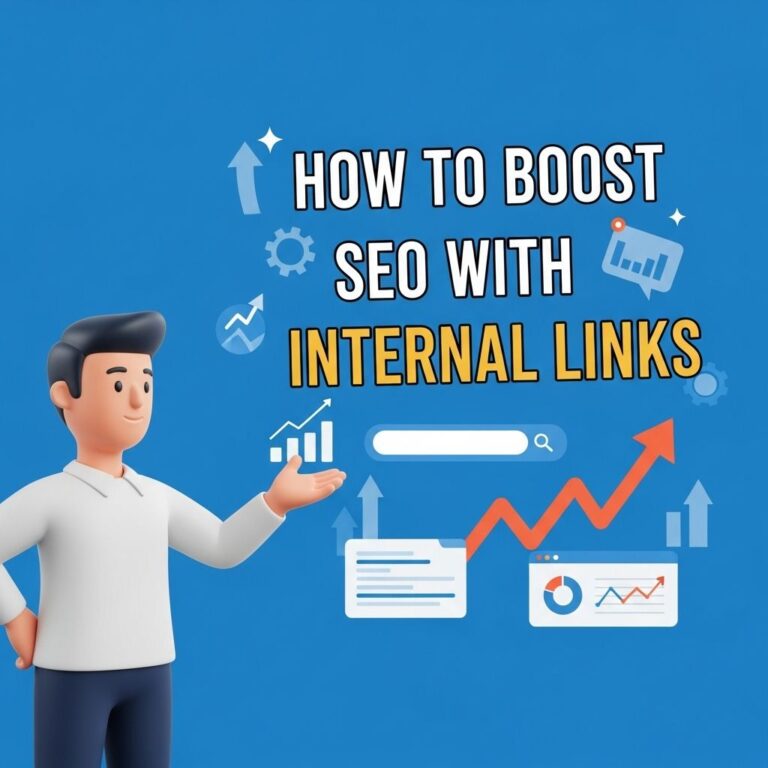The landscape of digital marketing is constantly evolving, and as we approach 2025, one aspect that businesses cannot afford to overlook is the optimization of their online presence through compelling meta descriptions. Meta descriptions not only play a crucial role in SEO but also significantly influence click-through rates (CTR) from search engine results pages (SERPs). Crafting the perfect meta description can set the tone for user engagement and conversion. In this article, we will explore the top AI prompts tailored for generating effective meta descriptions that resonate with your target audience.
Table of Contents
Understanding Meta Descriptions
Before diving into the prompts themselves, it’s essential to understand what a meta description is and why it matters. A meta description is a brief summary of a webpage’s content, displayed in search engine results under the page title. Here are some key points to consider:
- Character Limit: Typically, a meta description should be between 150-160 characters to ensure it displays correctly on SERPs.
- Relevance: It should accurately reflect the content of the page to meet user expectations.
- Call to Action: A well-crafted meta description often includes a call to action, encouraging users to click on the link.
- Keywords: Incorporating relevant keywords can improve visibility in search results.
The Role of AI in Crafting Meta Descriptions
Artificial Intelligence has revolutionized the way we generate content, including meta descriptions. By leveraging AI tools, marketers can quickly produce engaging and relevant meta descriptions that adhere to current SEO best practices. Here are some benefits of using AI for this task:
- Efficiency: AI can analyze large datasets to generate multiple variants of meta descriptions in a fraction of the time it would take manually.
- Data-Driven Insights: AI tools can provide insights into keyword trends and user behavior, allowing for more informed meta description generation.
- Consistency: AI ensures that the brand voice and messaging remains consistent across all digital platforms.
Top AI Prompts for Meta Descriptions in 2025
To effectively utilize AI for creating compelling meta descriptions, consider incorporating the following prompts into your workflow:
1. The Value Proposition Prompt
Use this prompt to highlight what makes your product or service unique:
“Generate a meta description that emphasizes the unique benefits of [product/service], addressing the target audience’s pain points and offering a solution.”
2. The Emotional Appeal Prompt
Emotional triggers can significantly boost engagement. Use this prompt to evoke feelings:
“Create a meta description that taps into the emotions of [target audience], focusing on how [product/service] can enhance their lives or solve their problems.”
3. The Urgency Prompt
Encouraging immediate action can increase CTR. Try this prompt:
“Write a compelling meta description that instills a sense of urgency, persuading users to click now to take advantage of [limited-time offer].”
4. The Question Prompt
Engage users by posing a question:
“Generate a meta description that starts with a question related to [topic] to pique the interest of users searching for information.”
5. The Social Proof Prompt
Leverage testimonials or ratings to build trust:
“Create a meta description that incorporates customer testimonials or ratings for [product/service], highlighting user satisfaction and endorsements.”
6. The Keyword Optimization Prompt
Make sure your meta description is keyword-rich:
“Write a meta description for [topic] that includes relevant keywords while maintaining a natural and engaging tone.”
7. The Clear Call-to-Action Prompt
Inspire action with a straightforward CTA:
“Generate a meta description that includes a clear call to action for users to [specific action, e.g., sign up, learn more, buy now].”
Best Practices for Using AI-Generated Meta Descriptions
While AI can significantly streamline the process of creating meta descriptions, it’s essential to follow some best practices to maximize their effectiveness:
| Best Practice | Description |
|---|---|
| Review for Accuracy | Always proofread AI-generated content to ensure accuracy and relevance. |
| Ensure Originality | Avoid duplicate content by customizing the generated descriptions to fit your brand’s voice. |
| Test Different Versions | Experiment with A/B testing different meta descriptions to see which ones yield better results. |
| Monitor Performance | Use analytics tools to track the performance of each meta description and adjust as necessary. |
Conclusion
As we move into 2025, the importance of well-crafted meta descriptions cannot be overstated. By harnessing the power of AI and utilizing thoughtful prompts, businesses can create impactful meta descriptions that not only improve their SEO but also enhance user engagement. Remember that while AI is a powerful tool, the human touch in reviewing and personalizing these descriptions is invaluable in maintaining authenticity and connection with your audience. Embrace these strategies to stay ahead of the competition and drive meaningful traffic to your website.
FAQ
What are the top meta description AI prompts for 2025?
The top meta description AI prompts for 2025 include prompts that focus on engaging language, concise summaries, and relevant keywords that align with user intent, ensuring higher click-through rates.
How can I use AI to generate effective meta descriptions?
You can use AI tools to analyze your content and generate meta descriptions by inputting key phrases, target audience details, and tone preferences, allowing for optimized and compelling descriptions.
What are the best practices for writing meta descriptions in 2025?
Best practices for writing meta descriptions in 2025 include keeping them under 160 characters, using active voice, incorporating a call to action, and ensuring they accurately reflect the page content.
Why are meta descriptions important for SEO?
Meta descriptions are important for SEO because they help improve click-through rates from search engine results pages by providing a concise summary of the page content, enticing users to click.
Can AI create unique meta descriptions for multiple pages?
Yes, AI can create unique meta descriptions for multiple pages by analyzing each page’s content and generating tailored summaries that maintain coherence and relevance.
What role do keywords play in AI-generated meta descriptions?
Keywords play a crucial role in AI-generated meta descriptions as they help align the description with search queries, improving visibility and relevance in search engine results.

